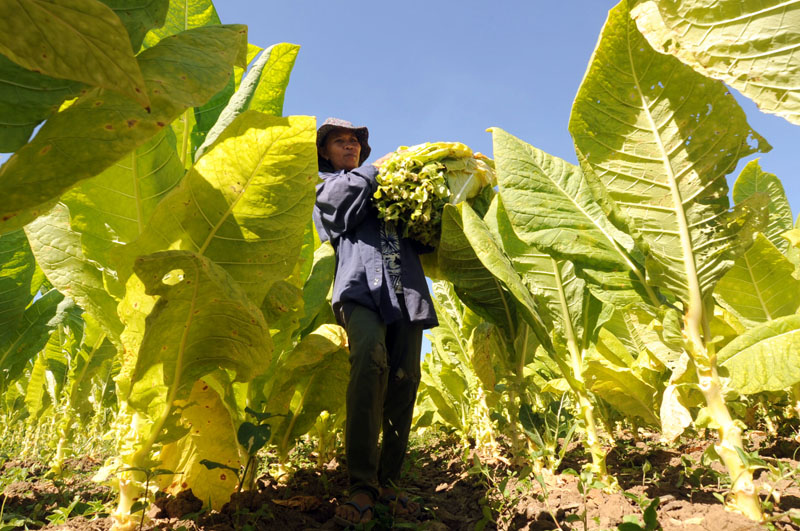Quebec’s Court of Appeal has upheld a Quebec Superior Court ruling that awarded billions of dollars in damages to 100,000 people as part of two class-action lawsuits against tobacco companies, according to a CBC – Canadian Broadcasting Corporation – News story.
In the 422-page ruling, the court said the Superior Court’s decision was correct, except for some small technicalities. The adjustment in damages amounts to about C$2 million of the approximate C$15 billion the companies were ordered to pay, the prosecution said on Friday.
“It’s excellent news for the victims that have been waiting for this day for a long time,” said Philippe Trudel, one of the lawyers representing the smokers.
“We are calling this a total victory on all fronts.”
The prosecution estimates the damages the companies will eventually pay out to the smokers will amount to more than C$17 billion. Interest on the damages continues to accrue as the case moves through the court system.
The CBC story said that, in 2015, a Quebec Superior Court justice ruled in favour of two groups representing Quebec smokers, which argued the companies didn’t warn their customers about the dangers of smoking.
Imperial Tobacco, a subsidiary of British American Tobacco, Rothmans Benson & Hedges, a subsidiary of Philip Morris International, and JTI-Macdonald, were ordered to pay for punitive and moral damages. The companies appealed the decision in 2016.
In a Saturday, website announcement of the appeal court’s decision, Japan Tobacco Inc. said the court had substantively upheld the decision of the Superior Court, finding JTI-MC liable for C$1.77 billion.
‘JTI-MC is currently reviewing the judgement and is considering all options, including asking for permission to appeal the decision to the Supreme Court of Canada,’ the announcement said.
‘The decision follows an appeal by JTI-MC and other Canadian tobacco manufacturers to a judgment released in June 2015 by the Quebec Superior Court. JTI-MC was ordered to pay about C$2 billion in the judgment.
‘JTI-MC is the only JT Group company that is a party to these proceedings.
‘JT will issue a statement concerning JTI-MC’s response to the decision once it has had an opportunity to review the judgment in detail.’
Meanwhile, a spokesperson for BAT said that the company was extremely disappointed that the Quebec Court of Appeal had not overturned the trial court’s judgment against its Canadian subsidiary, Imperial Tobacco Canada.
“We are still of the view that this decision is wrong – ignoring the reality that both adult consumers and government have known about the risk associated with smoking for decades, the spokesperson was quoted as saying, as part of a note posted on BAT’s website. “As a result, we believe it should be overturned.
“Imperial Tobacco Canada Ltd. needs to review the court’s decision in more detail and will decide on next steps over the coming days and weeks. Given the significance of the judgment, they have said that they fully intend to appeal the decision to the Supreme Court of Canada.”
BAT said that, following the release of the judgment from the Quebec Court of Appeal, the plaintiffs had requested immediate release of the funds on deposit, which was refused. They had then filed a formal motion to release the funds. Imperial Tobacco Canada Ltd. filed a motion to prevent the release of the funds in question.
‘British American Tobacco was not a party to the proceeding and is not a party to the judgment, only its Canadian subsidiary, Imperial Tobacco Canada Ltd,’ BAT said.
The CBC story said that Rothmans, Benson & Hedges had confirmed in a statement that it would seek leave to appeal the ruling with the Supreme Court of Canada.










